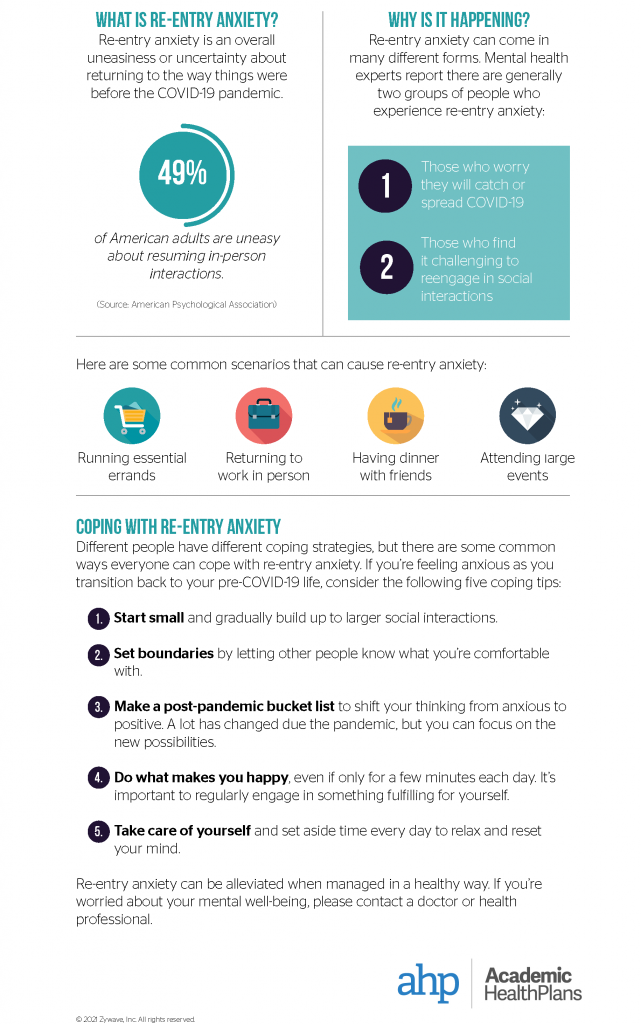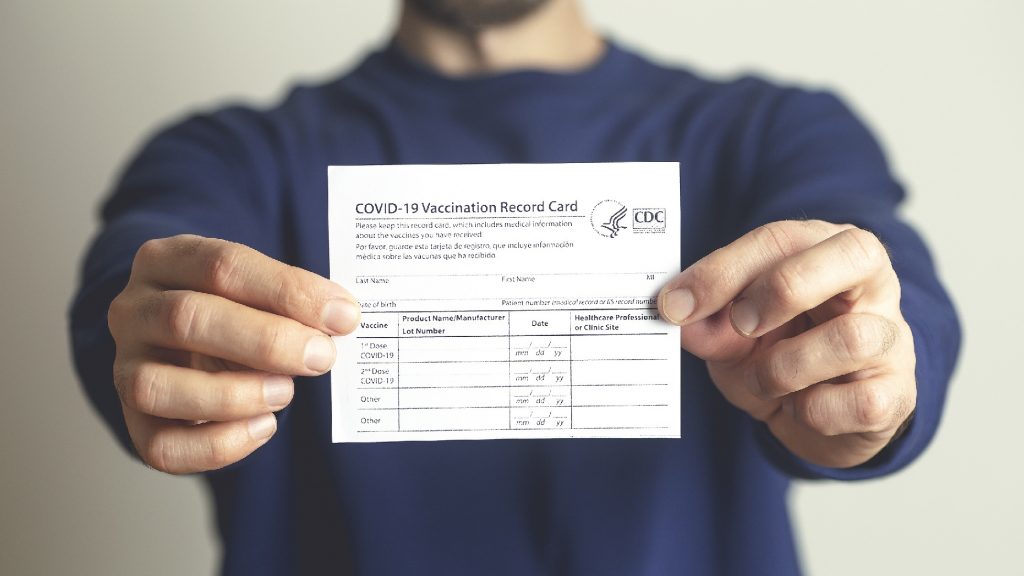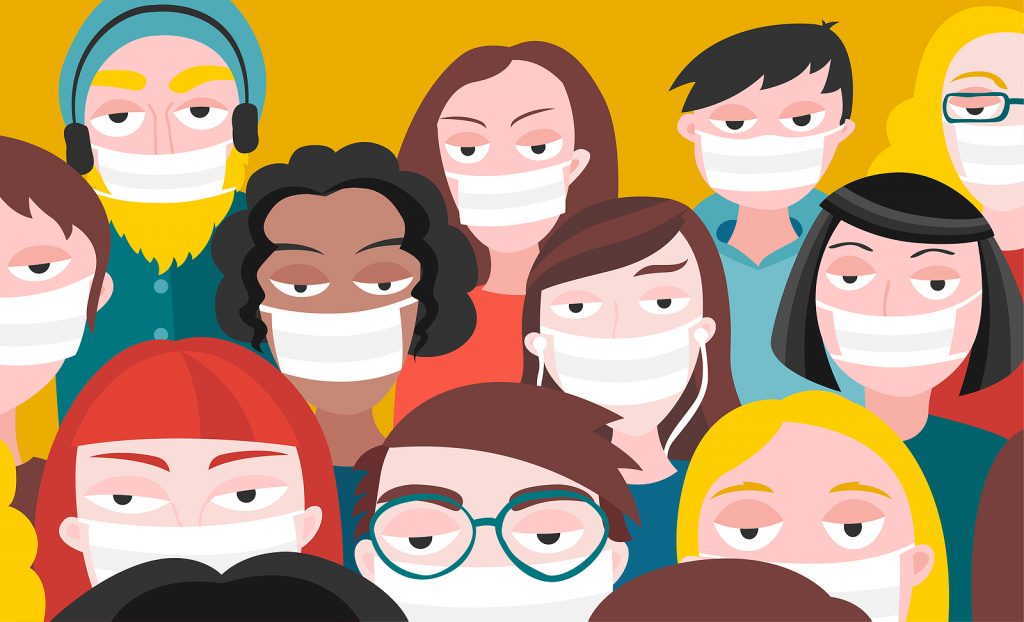Colleges and universities play a critical role in helping promote and provide accurate information about COVID-19 vaccines. Students getting vaccinated can be a driving force for a safe return to campus. As schools navigate the legal risks and logistics of return-to-campus plans and student vaccinations, this article explores considerations for increasing student vaccine acceptance.
Building Student Confidence
It is not unusual for colleges to require certain vaccinations. This was true even before the COVID-19 pandemic. Now, many schools will require students to get vaccinated for COVID-19 when they return in the Fall. Those that are not requiring it are strongly encouraging students to receive the vaccine. Some students may be hesitant to get the vaccine or feel that they do not need it since they are young and healthy. Education and communication are critical for increasing COVID-19 vaccine acceptance.
Here are some steps for increasing student confidence in
receiving the COVID-19 vaccine:
- Communicate proactively, compassionately, and transparently to help build student buy-in and support of vaccination plans or general vaccination. Communications that lead with values, like unity or interconnectedness, are also effective because they can motivate students to act.
- Educate students about COVID-19 vaccines—including development, efficacy, benefits, side effects, access, and coverage—and how they can talk to others about vaccines. Stick to the facts and avoid using jargon and strong language. To be most impactful, schools could leverage multiple organizational channels to reinforce vaccine messaging.
- Listen to students’ concerns about the COVID-19 vaccine. Two-way communication is especially important if some students are still studying working remotely.
- Offer flexibility for students with signs and symptoms after vaccination, such as the opportunity to retake tests and assignments, if they are missed due to post-COVID vaccine symptoms.
- Invite students to make their decisions to get vaccinated visible and celebrate them. Reinforce that students getting vaccinated against COVID-19 can accelerate the return of larger campus gatherings and study abroad opportunities.
- Encourage students to be vaccine champions. Going one step further, schools could appoint, and train interested students to become vaccination ambassadors who share their personal stories and address any student concerns.
- Discuss COVID-19 vaccines in school settings where students can ask questions and engage in respectful and open dialogues.
- Ask faculty and staff who are respected in the student community to help build confidence in COVID-19 vaccines.
Vaccine acceptance will not happen overnight, so allow time for that confidence to build. Students who are hesitant at first may become more assured after their peers, family, and friends get vaccinated. Remember that schools continue to play a big role in helping students navigate the pandemic.





